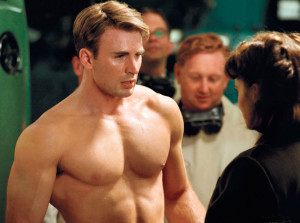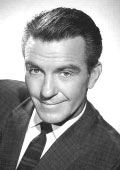As often is the case, Serdar and I were discussing media and creativity, centered around exploring media properties. I was discussing how I enjoyed “Lower Decks” and how it explored elements of the Star Trek universe that needed it. He noted missed opportunities. This got me thinking (which obviously, as usual, turns into something like blog posts).
I began thinking about “universe” projects, projects that involved a deep exploration of the setting and often via multiple books, movies, etc. When you have a big setting to play in, there’s a lot one can do. What one choses to do on the other hand can vary.
First, the universe one creates can be explored. You can understand the repercussions of the world(s), track cause and effect, dive into possibilities and results, and so on. A setting can be a huge playground that lets you do all sorts of things – often to your own surprise. It’s a place to ask “what if” and see where you go.
Secondly, a universe can deliver experiences. Settings with a given flavor allow you to have certain feelings, scenes, and so on that are desirable to you and the audience. Settings have certain emotional, cultural, and psychological resonances that some will want to experience. They can deliver the “hits” people want.
In any media franchise, big-universe project, single-setting series, creators can deliver both. Now I am biased towards exploration but the experience is important because sometimes that “feel” is what helps you get the exploration.
However I think we see that big, corporate-owned franchises tend towards the experience part of the equation. The big universes create certain feelings and people want that. Companies want to make money, so they deliver said experiences If you explore too much, you risk changing things and not delivering the experiences people want.
We’ve probably all seen cases of series, series endings, books, etc. that explored a bit too much for people’s expectations because they were used to things hitting certain emotional resonances. I could point to recent examples, but it would A) date this column, and B) probably make some people I know mad at me.
But you set some expectations, don’t allow too much change, and that happens.
On the other hand, we’ve also assuredly seen cases of big, moribund media franchises getting a chance to explore and going hog wild. I’ve sung the praises of Star Trek: Lower Decks because it “went there” on so many occasions I really felt things – and it somehow delivered the Trek experiences I’d come to expect. I feel the positivity towards The Mandalorian was well deserved – especially as it’s thematics of a slow-moving character drama seemed at odds with much of Star Wars media.
I mean I didn’t care about Star Trek and still don’t care about Star Wars anymore and I’m praising these works.
The Exploration and Experience labels give me a better way to understand media and creation. I consider Exploration to be valuable – it’s what I’m inclined to do and if part of the value of fiction. I consider a focus on Experience I can be a trap – but also that you need a certain “feel” to communicate the Exploration part I love. I’m not saying they’re equal or opposites, but useful tools.
Now I wonder how I’ll see various media differently.
Steven Savage

